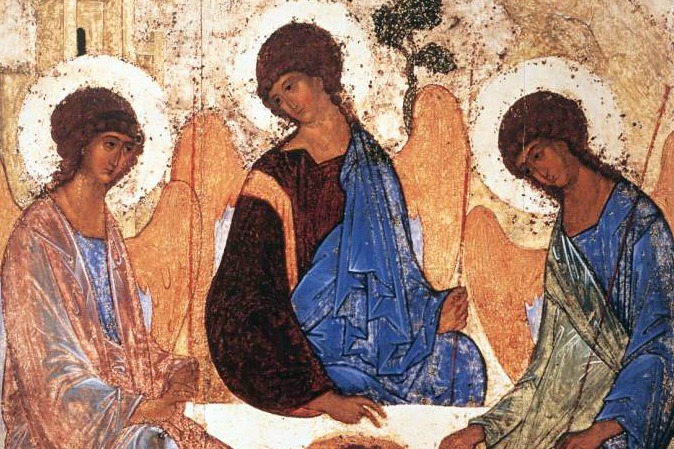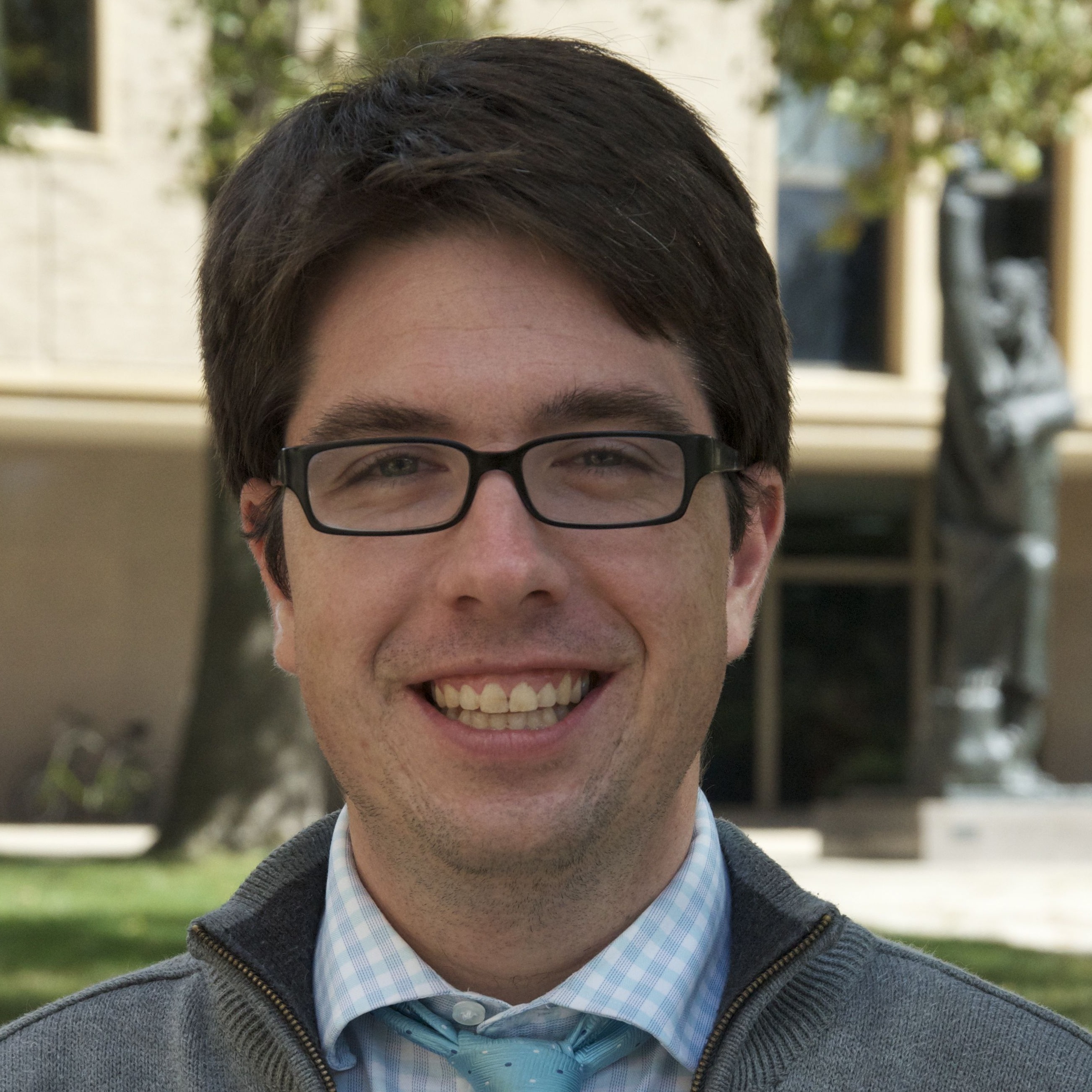After the joy of the Easter season, it may feel like a letdown to celebrate the solemnity of the Most Holy Trinity. The proclamation that Christ has risen from the dead, trampling down death by death, seems more important than announcing the consubstantiality of the Son with the Father. The descent of the Spirit upon the Apostles at Pentecost, who go forth to breathe Jesus’ own spirit over creation, seems more vivifying than letting the world know that the Spirit proceeds from the Father and the Son.
Yet, as the Church teaches, “The mystery of the Most Holy Trinity is the central mystery of the Christian faith and of Christian life” (Catechism of the Catholic Church, §261). How can something seemingly so abstract be so central to Christian faith?
The readings for the solemnity of the Most Holy Trinity open us up to the centrality of the Trinity in Christian life. In Proverbs, Christians see reference to the Word’s participation in the very act of creation. The wisdom of the Word was “beside him as his craftsman, and I was his delight day by day, playing before him all the while, playing on the surface of his earth; and I found delight in the human race” (Prv 8:30–31).
From this passage, we learn creation is ordered to the wisdom of God. And that creation is part of God’s own delight. The God who reveals himself to humanity as love is already an exchange of delightful love: Father, Son, and Holy Spirit. This love is the very reason for creation. Power and prestige, fame and fortune are not the reason for the world’s existence: God’s own inner delight is!
As Paul makes clear, this is the love that we enter into through Baptism in Christ: “the love of God has been poured out into our hearts through the holy Spirit that has been given to us. For Christ, while we were still helpless, yet died at the appointed time for the ungodly” (Rom 5:5–6). In his Death and Resurrection, the Son reveals the extent of God’s love for creation. What Jesus does reveals who he is. He is the Son of the Father. He is the Son who has come into the world to invite every person into his own childhood, to share in his “sonship.” He is the Son who loves not only those who offer a return gift of love but even the godless, even those who reject him.
This boundless divine love is what we experience in the Sacrament of Baptism. Baptized into the name of the Father, the Son, and the Holy Spirit, we become sons and daughters of the Father. Standing in the place of the Son, the Spirit now enlightens and enlivens us through the Church: “He will glorify me, because he will take from what is mine and declare it to you” (Jn 16:14).
In this way, the doctrine of the Trinity is not a series of abstract statements by theologians and philosophers. It is the Church’s centuries-long meditation upon what it means to say that God is love. It is a contemplation of the deepest identity of the Church: we are sons and daughters of a God who is the perfection of love, who didn’t need us but loved us all the same.
The mission of the Church, for this reason, is revealed in the Trinity. We are those who love one another as God first loved us. And we love the world by inviting every person to become one with us in proclaiming the triune love of God to all the generations: “Glory to the Father, the Son and the Holy Spirit; to God who is, who was, and who is to come.”
![]()
This article originally appeared in Our Sunday Visitor: Newsweekly on May 11, 2016 and is reproduced here with the permission of the publisher.
Featured Image: Andrei Rublev, The Hospitality of Abraham (15th c.); courtesy Wikimedia Commons.



